The new approach supports the development of quantum key distribution, a technology both businesses, and governments are very excited about.
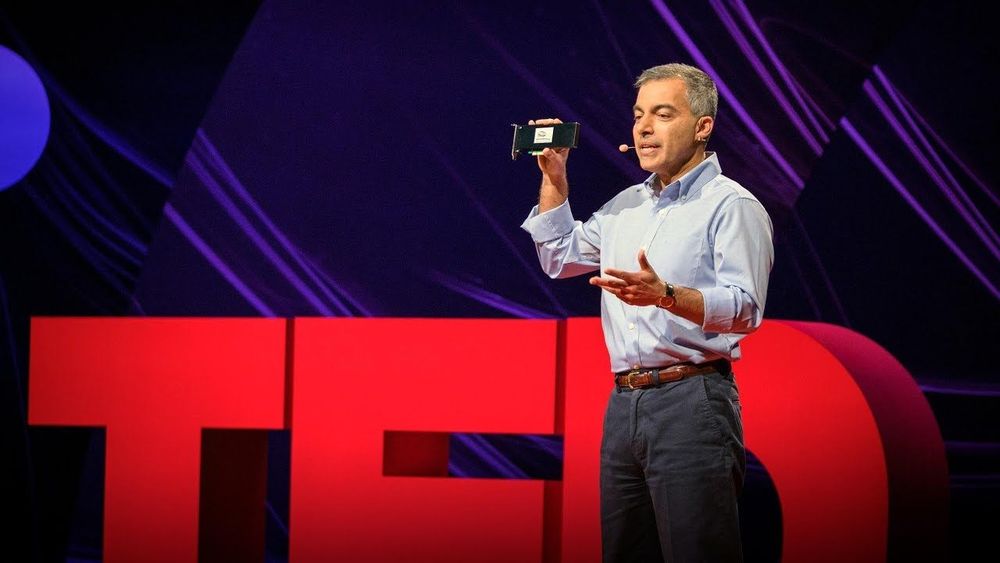

The new approach supports the development of quantum key distribution, a technology both businesses, and governments are very excited about.
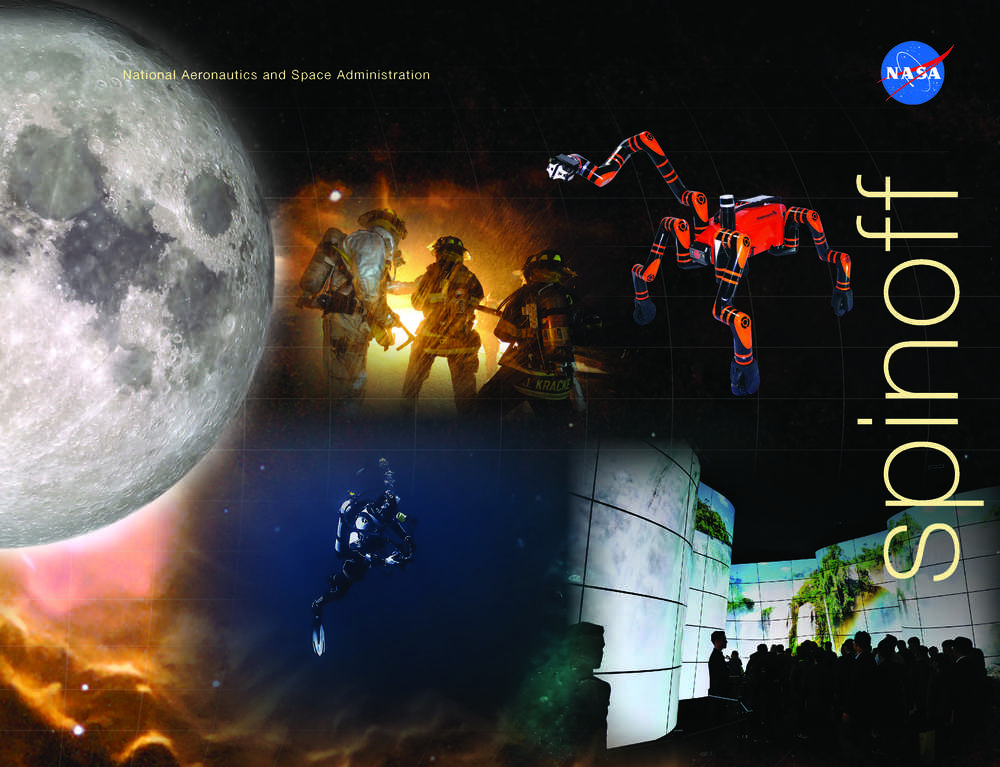
From precision GPS to batteries for one of the world’s first commercial all-electric airplanes, NASA technology turns up in nearly every corner of modern life. The latest edition of NASA’s Spinoff publication features dozens of commercial technologies that were developed or improved by the agency’s space program and benefit people everywhere.
“NASA works hard, not only to develop technology that pushes the boundaries of aeronautics and space exploration, but also to put those innovations into the hands of businesses and entrepreneurs who can turn them into solutions for challenges we all face here on Earth,” said Jim Reuter, acting associate administrator of the agency’s Space Technology Mission Directorate. “These are sometimes predictable, like the many NASA technologies now adopted by the burgeoning commercial space industry, but more often they appear in places that may seem unrelated, like hospitals, farms, factories and family rooms.”
In this issue of Spinoff, the agency shares new stories of how:

The U.S. Missile Defense Agency is looking for information on a 1,000 kW-class electrically-pumped laser for defending the United States, its deployed forces, allies, and friends against all ranges of enemy ballistic missiles in all phases of flight.
The post on the federal business opportunities website is asking industry for information on a capability to demonstrate a 1,000 kW-class electrically-pumped laser in the 2025–26 timeframe.
Missile Defense Agency does not provide a specific platform or strategic mission at this time. The proposed ground demonstrator laser system would be designed to have technology maturation and lightweight engineering paths to potential future platforms.
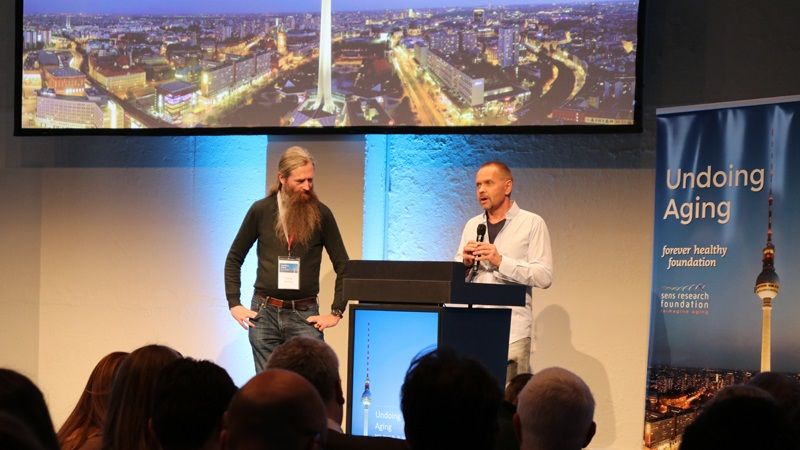
LEAF Director Elena Milova shares a report from the recent Berlin Undoing Aging conference with you today. Hosted by the Forever Healthy Foundation and SENS Research Foundation, the event saw the leading figures in aging research come together for this superb conference.
The day after I got back from the Undoing Aging 2019 scientific conference, which was jointly organized by the SENS Research Foundation and Forever Healthy Foundation, Moscow greeted me with the first sunny days of the spring. Still tired and lacking sleep, but happy and inspired, I want to share my impressions of this year’s conference with you.
Actually, I began preparing for this event in the autumn of 2018, when it was first announced. I booked the hotel well in advance, including some spare rooms that could be transferred to our partners later on. B&B Alexanderplatz is located next to the conference venue Umspannwerk Alexanderplatz, literally next door, and it has a nice social space in the lobby, making it very handy for setting appointments with business partners, so we at LEAF decided to make it our headquarters once again. I arrived on March 26th, got some brief rest, and went downstairs to work while also keeping an eye on who was arriving.
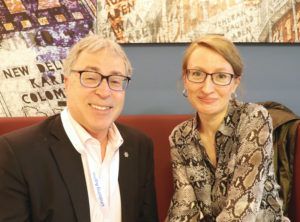
Not long after I sat down, I saw some very familiar faces, as Maria Entraigues-Abramson and her husband Gary Abramson arrived. As part of the organizers’ team from the SRF, they came to Berlin early to help coordinate the preparation. Next, I saw our own VP Dr. Oliver Medvedik and his super-energetic friend, Jean Lam. Last but not least, I met Anna Dobryukha, the chief of the medical department at Komsomolskaya Pravda; she is one of the most famous Russian journalists writing about aging and longevity.
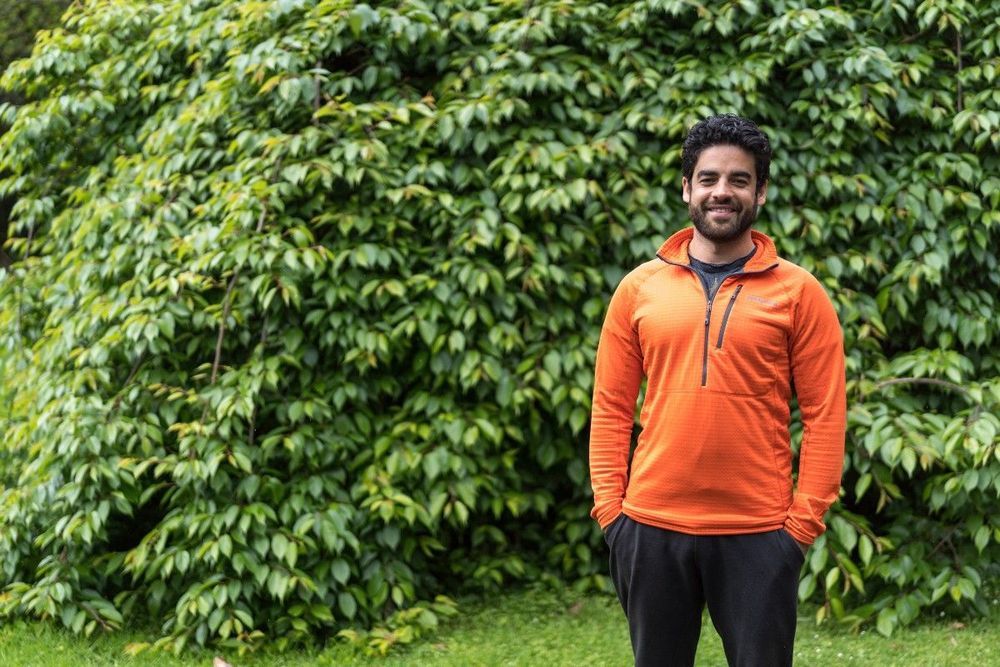
Outcome-based education. This is about a man who is involved in a system designed to train and assess the skills of computer programmers, but I wonder if the ideas could be applied to other types of learning.
For that matter, it strikes me that merit badges in the Boy Scouts may work along similar lines.
Nathan chose all-in, investing his entire life savings in a single stock-market exchange, and made enough money to keep the business alive. The past several years have been full of similar tests of commitment but Nathan and his business partner have weathered them all, building a groundbreaking company called Qualified.
Qualified has developed a new format for training and assessing coding skills, one that achieves greater effectiveness through an immersive, real-world experience. This allows companies to identify the best potential employees and educators to improve student evaluation.
“In the workforce, this assessment approach ensures that performance gets rewarded instead of pedigree. In education, this new format enables interactive, self-directed learning, while also allowing educational institutions to be responsive to rapid changes in relevant skills.”
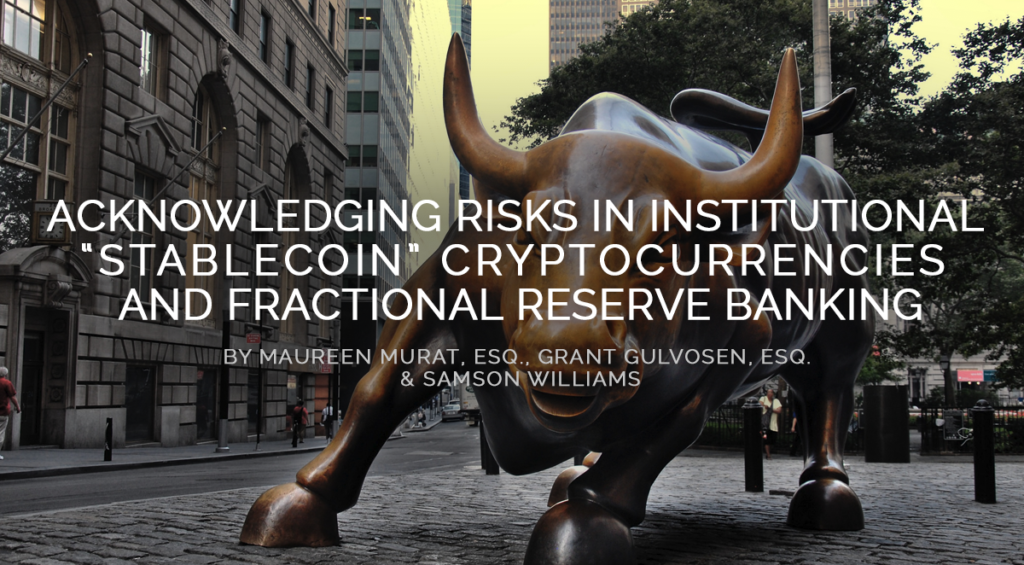
(Originally posted March 7, 2019, on the Crowdfunding Professional Association’s website.)
The purpose of this memo is two-fold:
Like any technology, blockchain can and may be used to improve a variety of operational, identity, security and technology challenges that the future of digital banking, business and society face. Blockchain technology is also poised to create new and increasingly clever methods and economies for value, commodities, assets, securities and a slew of yet-to-be discovered financial instruments and products. However, no leap in technology and finance is ever made without risk. As policymakers and stewards of the current and future digital economy and ecosystem, we have an obligation to our constituents and the global banking and finance community to guide the growth and adoption of emerging fintech technology in a safe and sound manner.
To that end, three areas that have the potential for regulatory and compliance issues as companies such as JP Morgan Chase, embrace and develop blockchain technologies to leverage digital tokens, cryptocurrencies and novel accounting systems such as the so called “JPMCoin,” are highlighted:
Stablecoin — The industry needs a common definition. There is presently not an industry definition of a stablecoin, digital token, or cryptocurrency. Before it is even possible for governmental agencies to draft useful regulations the industry must come up with common definitions. We believe that establishing a common definition is an important step to growing a rich and innovative framework and sandboxes for not only novel blockchain applications but other emerging fintech technologies.
Fractional Reserve Banking and Stablecoins — How will cryptocurrencies, digital tokens and stablecoins be treated in an ecosystem of fractional reserve banking? Much like the introduction of collateralized debt obligations, synthetic credit default options and other novel, complex financial instruments, the introduction of institutional “stablecoins” and digital tokens may present hereunto unknown risk. As technology evolves to facilitate machine learning, artificial intelligence, high speed frequency trading and novel blockchain applications such as “stablecoins,” careful consideration should be given to how these blockchain applications (and other emerging technology) may unintentionally encourage risky behavior that creates systemic financial risk and operational risk that undermines confidence in markets.
Operational Safety & Soundness — The creation of institutional stablecoins, digital tokens and cryptocurrencies poises new financial safety and compliance questions. From the basic, “How is the value of these stablecoins determined?” to: “What are the standards for digital token custody?”. To the more complex questions of: “Can the terms stablecoin, digital token and cryptocurrency be used interchangeably?” to: “How will these instruments be reflected on company balance sheets, managed day-to-day in accounting systems and taxed?”
Conclusion
Emerging technology such as blockchain promises great leaps in operations, transparency and accountability. However, as we prepare to leap headlong into these technologies we should also consider where we will land.
We encourage regulators and policymakers to engage banking, technology and compliance leaders to better understand the implications of private-permissioned decentralized ledger technology (aka blockchain) and what steps we can take now to encourage and enable innovation, while also landing safely in the future of banking, finance and an electronic cash-less ecosystem.
Authors:
Grant Gulovsen, Esq., Attorney at Law, Gulovsen Law Office, grant@gulovsen.io
Maureen Murat, Esq., Of Counsel, Cogent Law Group, mmurat@cogentlaw.co
Samson Williams, Adjunct Professor, UNH School of Law, samson.williams@law.unh.edu
Supporters:
Wesley Williams, Attorney at Law & Consultant
Olta Andoni, Esq, Attorney and Adjunct Professor at Chicago-Kent College of Law
Roxana Nasoi, Co-Host, The CryptoLawPodcast
Crowdfunding Professional Association Legislative & Regulatory Affairs division
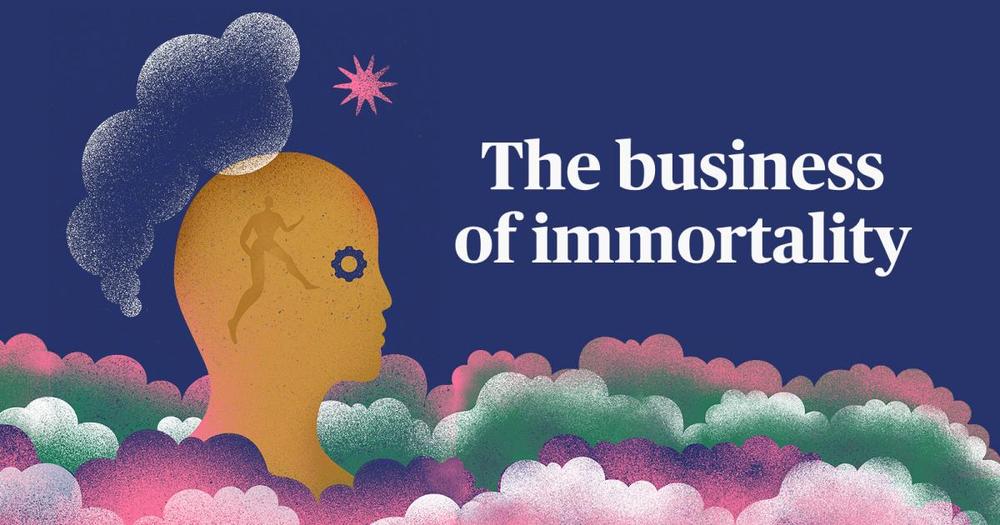
We’ve always wanted to live forever. But in 2019, the pursuit of immortality is big business, and Silicon Valley is at its epicenter. While the new, high-tech war on death is being led by the elite, it could wind up having big consequences for everyone else.
Inside Silicon Valley’s war on death.
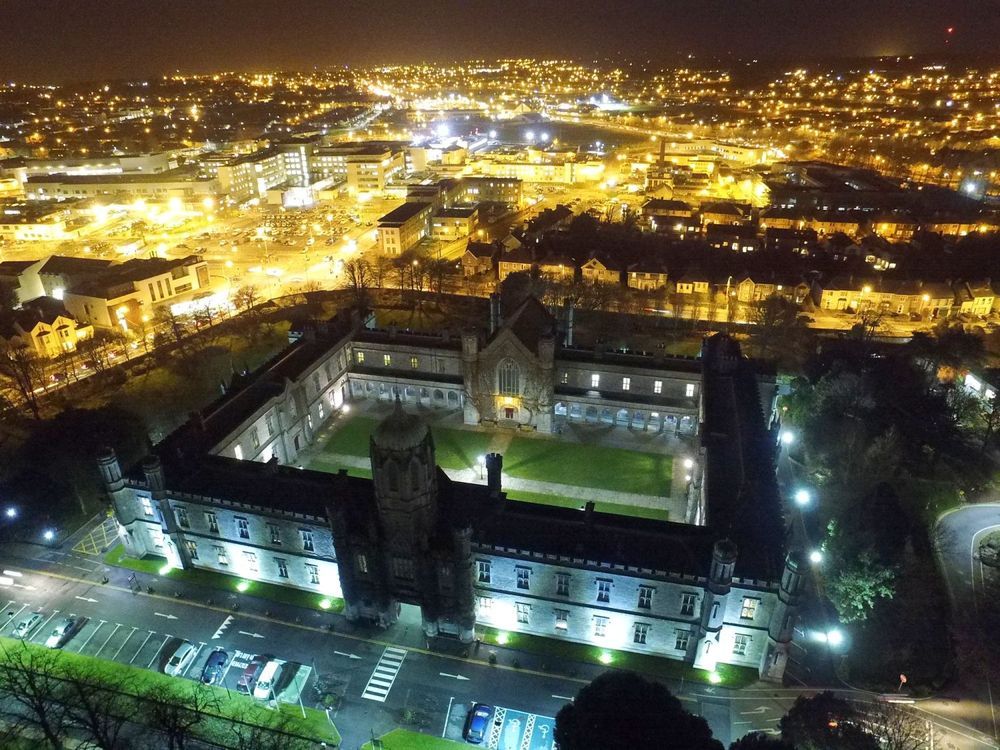
NUI Galway will lead a new €13 million SFI Centre for Research Training in Genomics Data Science. The new Centre will train a generation of 100 highly skilled PhD graduates to harness the collective potential of genomics and data science to have transformative scientific, economic and societal impacts.
Announced recently by Minister Heather Humphreys TD Minister for Business, Enterprise, and Innovation, and Minister of State for Training, Skills, Innovation, Research and Development, John Halligan TD and Science Foundation Ireland, the Centre will be led by NUI Galway and will involve partners from UCD, TCD, RCSI and UCC.
A genome is an organisms complete set of DNA or genetic material and it contains all of the information needed to build and maintain that organism. Genomics is the branch of science that studies genomes to see how they direct the growth and function of cells and organisms and it is a key area of fundamental science with real-world impacts in areas from human health to agriculture and food production. In recent years the field of genomics has undergone a revolution, driven by new technologies that generate data on an enormous scale. In order to make sense of the large and complex datasets arising from analysis of genomes, we require highly trained data scientists, who can turn this data into useful information that can increase scientific understanding and enable us to harness the power of genomics to drive innovation and create real-world solutions.